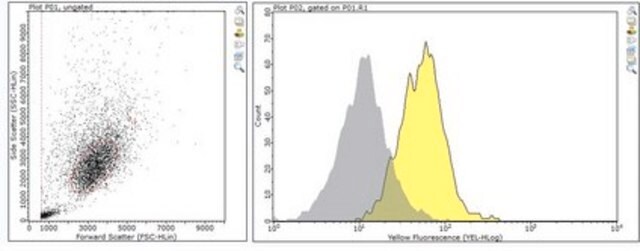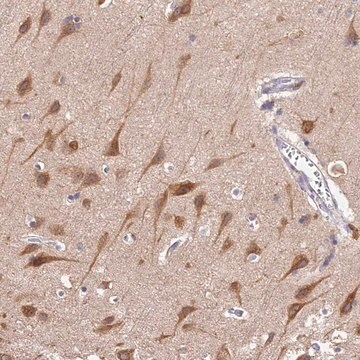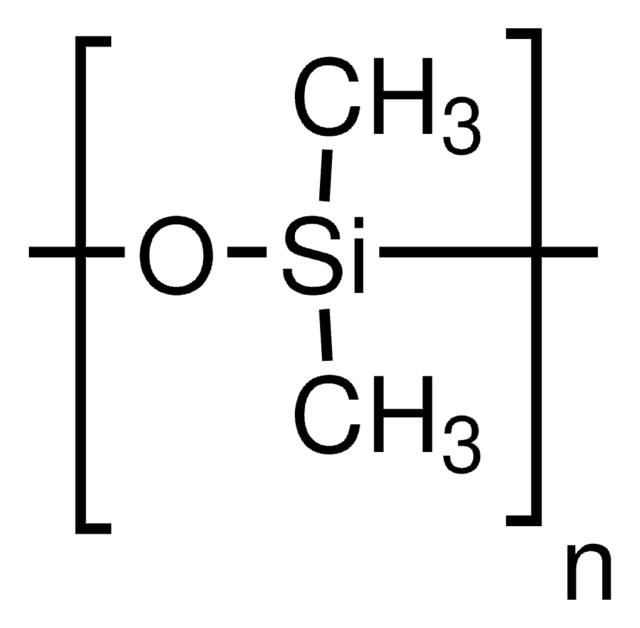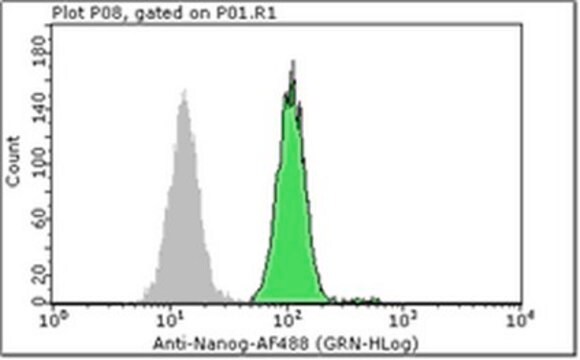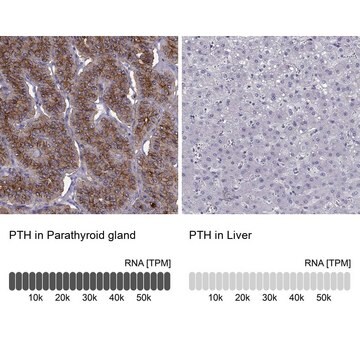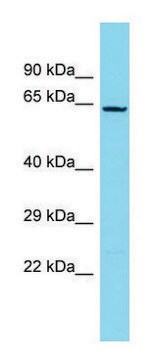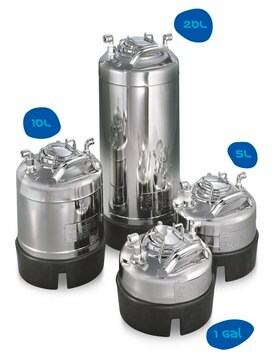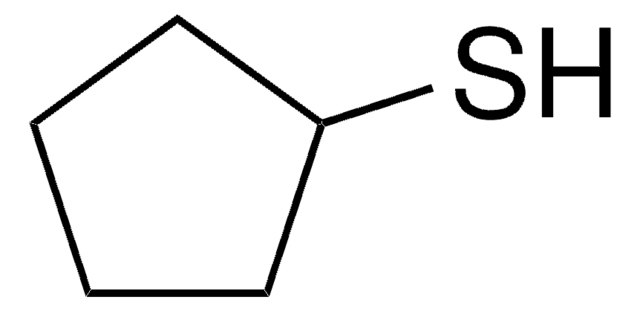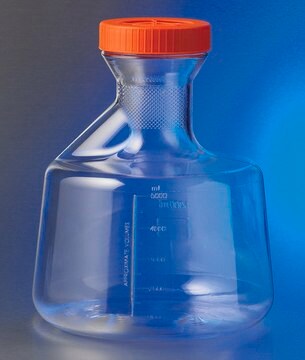MABF2033M
Anti-CD31/PECAM-1.3 Antibody, clone MBC 78.3
clone MBC 78.3, from mouse
Sinonimo/i:
Platelet endothelial cell adhesion molecule, PECAM-1, EndoCAM, GPIIA′, PECA1, CD31
About This Item
Prodotti consigliati
Origine biologica
mouse
Livello qualitativo
Forma dell’anticorpo
purified antibody
Tipo di anticorpo
primary antibodies
Clone
MBC 78.3, monoclonal
Reattività contro le specie
human, canine
Confezionamento
antibody small pack of 25 μg
tecniche
flow cytometry: suitable
immunohistochemistry: suitable
immunoprecipitation (IP): suitable
western blot: suitable
Isotipo
IgG1κ
N° accesso NCBI
N° accesso UniProt
modifica post-traduzionali bersaglio
unmodified
Informazioni sul gene
human ... PECAM1(5175)
Descrizione generale
Specificità
Immunogeno
Applicazioni
Flow Cytometry Analysis: 1 µg from a representative lot detected CD31/PECAM-1.3 in THP-1 cells.
Western Blotting Analysis: A representative lot detected CD31/PECAM-1.3 in Western Blotting applications (Zhao, T., et. al. (2001). J Cell Biol. 152(1):65-73).
Agonist or Inhibitor Analysis: A representative performed agonist or Inhibitor function (Newton-Nash, D.K., et. al. (1999). J Immunol. 163(2):682-8; Reedguist, K.A., et. al. (2000). J Cell Biol. 148(6):1151-8).
Immunoprecipitation Analysis: A representative lot detected CD31/PECAM-1.3 in Immunoprecipitation applications (Newman, D.K., et. al. (2016). Sci Signal. 9(418):ra27).
Immunocytochemistry Analysis: A representative lot detected CD31/PECAM-1.3 in Immunocytochemistry applications (Newman, D.K., et. al. (2016). Sci Signal. 9(418):ra27; Zhao, T., et. al. (2001). J Cell Biol. 152(1):65-73).
Inflammation & Immunology
Qualità
Immunocytochemistry Analysis: A 1:500 dilution of this antibody detected CD31/PECAM-1.3 in un-permeablilized THP-1 cells.
Descrizione del bersaglio
Stato fisico
Stoccaggio e stabilità
Handling Recommendations: Upon receipt and prior to removing the cap, centrifuge the vial and gently mix the solution. Aliquot into microcentrifuge tubes and store at -20°C. Avoid repeated freeze/thaw cycles, which may damage IgG and affect product performance.
Altre note
Esclusione di responsabilità
Non trovi il prodotto giusto?
Prova il nostro Motore di ricerca dei prodotti.
Codice della classe di stoccaggio
12 - Non Combustible Liquids
Classe di pericolosità dell'acqua (WGK)
WGK 2
Punto d’infiammabilità (°F)
Not applicable
Punto d’infiammabilità (°C)
Not applicable
Certificati d'analisi (COA)
Cerca il Certificati d'analisi (COA) digitando il numero di lotto/batch corrispondente. I numeri di lotto o di batch sono stampati sull'etichetta dei prodotti dopo la parola ‘Lotto’ o ‘Batch’.
Possiedi già questo prodotto?
I documenti relativi ai prodotti acquistati recentemente sono disponibili nell’Archivio dei documenti.
Il team dei nostri ricercatori vanta grande esperienza in tutte le aree della ricerca quali Life Science, scienza dei materiali, sintesi chimica, cromatografia, discipline analitiche, ecc..
Contatta l'Assistenza Tecnica.